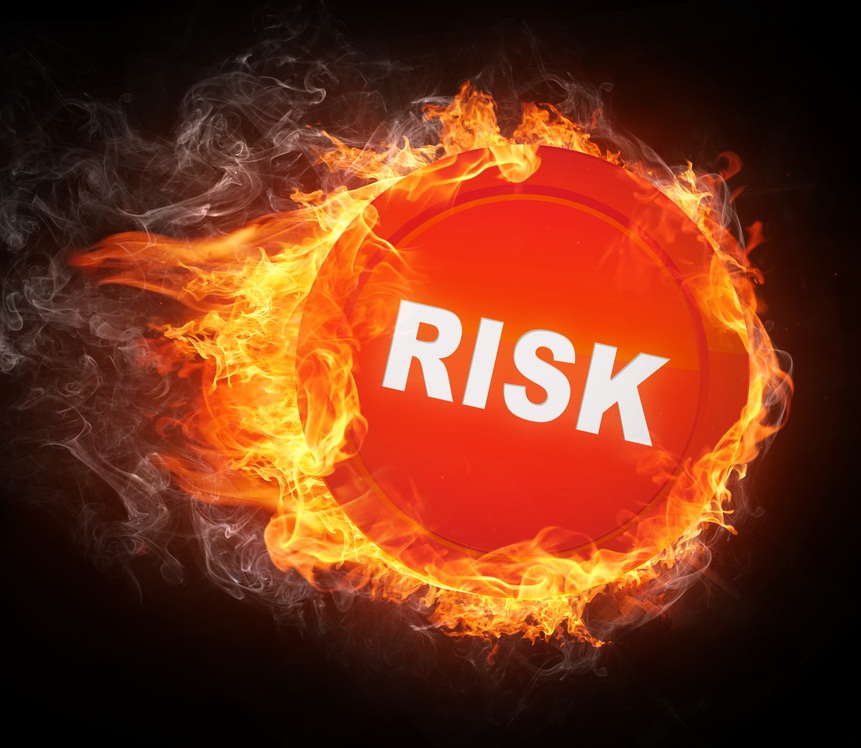

Batteries in a number of laptops from HP are overheating, and thereby pose “a fire and burn hazard to customers”.
This prompted the company to announce a “voluntary safety recall and replacement program”, and customers that brought HP laptops between December 2015 and December 2017 are being urged to see if their model is affected.
Customers can download a “HP Battery Validation Utility” located here, to see if their machine is affected.
And it seems that these affected batteries are sealed within the laptop, meaning their removal and replacement is not a job that the customer can perform.
“These batteries have the potential to overheat, posing a fire and burn hazard to customers,” said HP. “For this reason, it is extremely important to check whether your battery is affected.”
The problem seems to affected a tiny percentage of the laptops HP sold in this two year period (0.1 percent), and of those impacted, only 3 percent could potentially overheat.
The systems impacted by the recall are as follows:
“Many of these batteries are internal to the system, which means they are not customer replaceable,” warned HP. “HP is providing battery replacement services by an authorised technician at no cost.”
HP said it was also providing a BIOS update that places the battery in “Battery Safety Mode” so that the notebook or workstation can be safely used without the battery by connecting to an HP power adaptor.
“Batteries affected by this recall should immediately be put into ‘Battery Safety Mode’, HP advised.
“HP’s primary concern is for the safety of our customers,” it said. “HP is proactively notifying customers, and will provide replacement battery services for each verified, eligible battery, at no cost.”
There is no word on what exactly is wrong with these batteries, but it is reported in various media outlets that HP has identified a specific battery supplier as the source of the issue.
Battery recalls are nothing new and have been ongoing for years now by various laptop manufacturers.
In January 2017 HP was forced to recall more than 100,000 batteries for laptops across several of its product lines due to the risk of overheating and causing fires.
Perhaps a more famous case was that of Samsung’s Galaxy Note 7, which forced a complete recall of millions of the company’s flagship smartphone.
A number of airlines have banned the bulk shipment of lithium-ion batteries over fire safety concerns.
In 2010, a homeowner blamed her company laptop for causing a fire at her thatched cottage that resulted in more than £350,000 damages.
Do you know all about HP, the IT firm from the garage? Take our quiz!
American space agency prepares for testing of Boeing's Starliner, to ensure it has two space…
As UK and Europe develop closer military ties, European Commission says it will invest €1.3…
Zuckerberg seeks to revive Facebook's original spirit, as Meta launches Facebook Friends tab, so users…
Notable development for Meta, after appeal against 2021 WhatsApp privacy fine is backed by advisor…
First sign of shake-up under new CEO Lip-Bu Tan? Three Intel board members confirm they…
Trump's nominee for SEC Chairman, Paul Atkins, has pledged a “rational, coherent, and principled approach”…